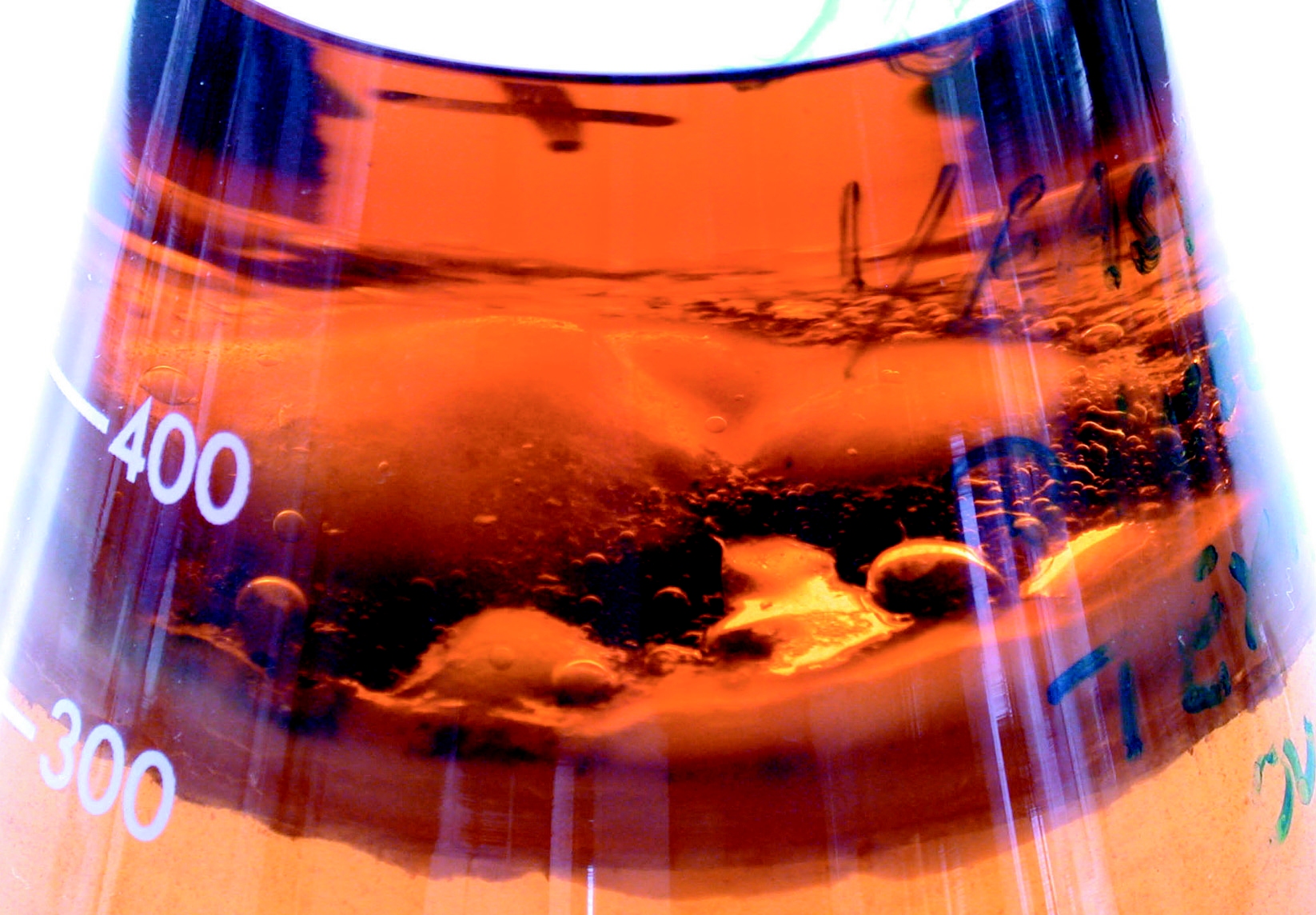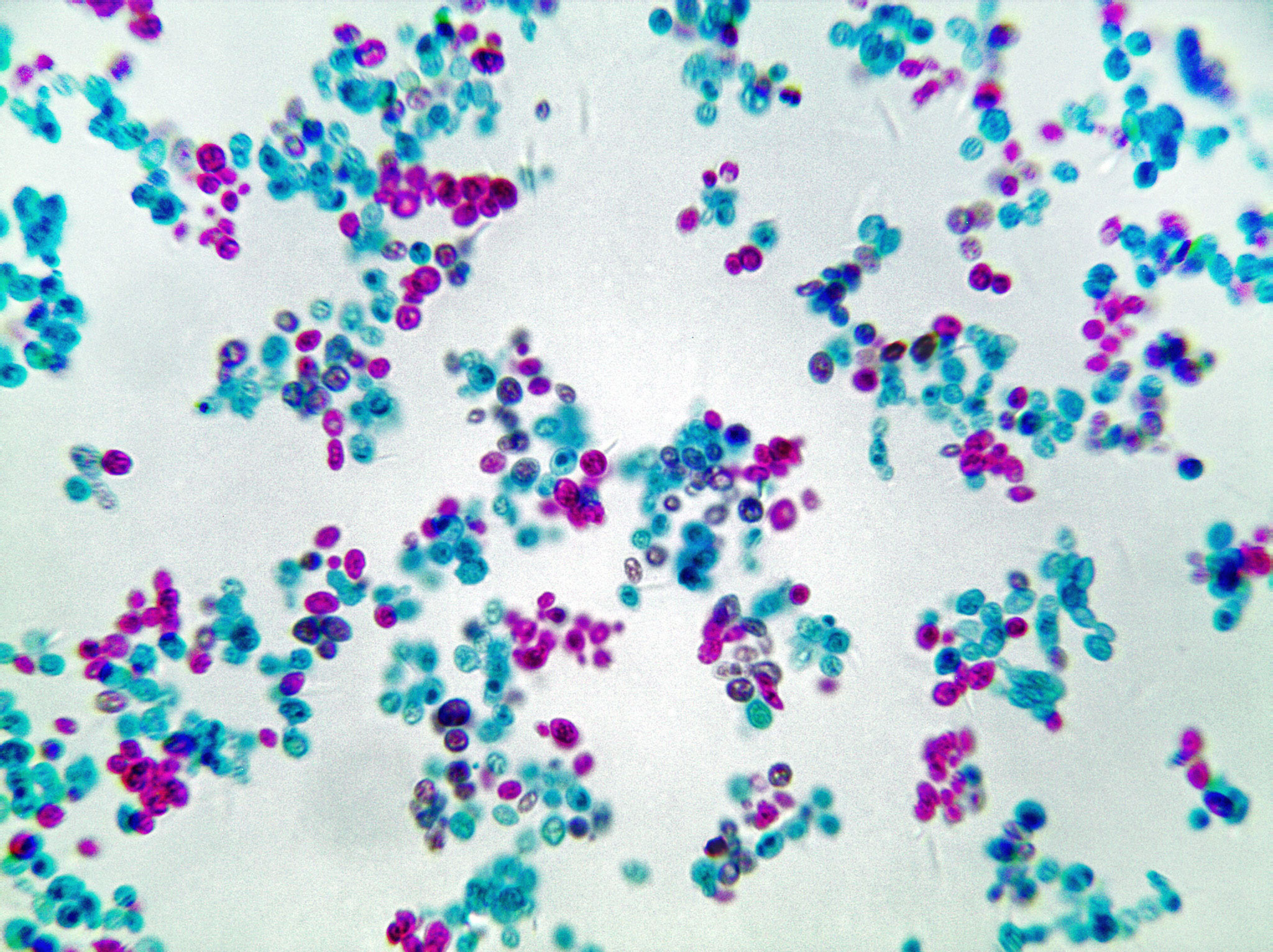
Labortory Fuel Testing
LABORATORY FUEL TESTING
While we are always willing to pull a free visual sample, and many things can be determined by studying the appearance and odor of the fuel, there are times when our clients want a detailed informational breakdown of the condition of their supplies. When this is the case, we rely on Laboratory testing.

Fuel Pro utilizes lab testing for companies who would like more in-depth analysis of their fuels. By sending off samples for testing, we can provide information on purity, quality, and contamination. Testing for levels of various bacteria, yeast, fungus, water and particulates will tell you what is really in your fuel besides, well, fuel. We check for additives, co-mingled fuels, energy value, and more. These tests are extremely thorough and the information provided will give a good overview of what is going on in your fuel tanks.
Once you have test results back, a plan can be formed and implemented to clean and polish the fuels and if necessary, to clean the tanks as well.
Fuel Pro has been caring for our customers’ fuel storage needs for many years, and our reputation is important to us. We build relationships with our customers. In a time when contracts are never firm enough, we rely on a firm handshake to back our business model. We rely on repeat business and word of mouth, and only with great service can we continue to do so. In the Gulf States area (Texas, Florida, Georgia, Alabama, Mississippi, Tennessee, and Louisiana), we are the leader in fuel and storage management and compliance. Our technicians are certified to check off your annual compliance inspections as well, so ask about that when you call us!Why Lab Testing?




What Laboratories Do You Use?
We currently utilize FOI Laboratories, and occasionally Caterpillar. FOI checks fuels ranging from biofuels to kerosene and jet fuel. If it is a hydro-carbon based fuel, they will analyze it.
Lab testing is done to ASTM standards, and other criteria and standards may also be specified. ASTM International is a global leader in standardization. The American Society for Testing and Materials was formed in 1898, and has been working ever since to bring continuity to testing standards around the world.
ISO is another standardization level which is international and non-governmental. FOI also follows ISO standards when needed. ISO was formed in 1946 by delegates from 25 countries to help facilitate the unification of industrial standards. Today there are members from 162 countries.
What Does the Lab Test For?
We check for additives, co-mingled fuels, energy value, and more.
Flammability tests can indicate the cetane levels. Cetane is the indicator of eagerness to ignite, or the delay time in ignition. Compare that to Octane, which is the resistance to flammability from pressure or heat. The higher-octane numbers mean that the fuel is better able to ignite due to spark plug ignition, which will give the best compression. When the Cetane and Octane are both balanced properly, the engine runs smoothly with little knock or ping.
They analyze quality failure issues such as degradation during storage. This is especially important when your fuel is stored for an emergency preparedness situation such as a power outage. When your generator kicks on to supply power for your organization or business, you want to count on it to help the generator run, not to cause issues or failure. By testing and monitoring the fuel, you can be sure that the power will stay on when the generator starts. This is critical information for hospitals where life support equipment, surgery room lighting and machines, and other important areas are kept functional even when some things may not be operational. Cities that count on generators for back-up water pumping may also be motivated to check fuel status on a regular basis.